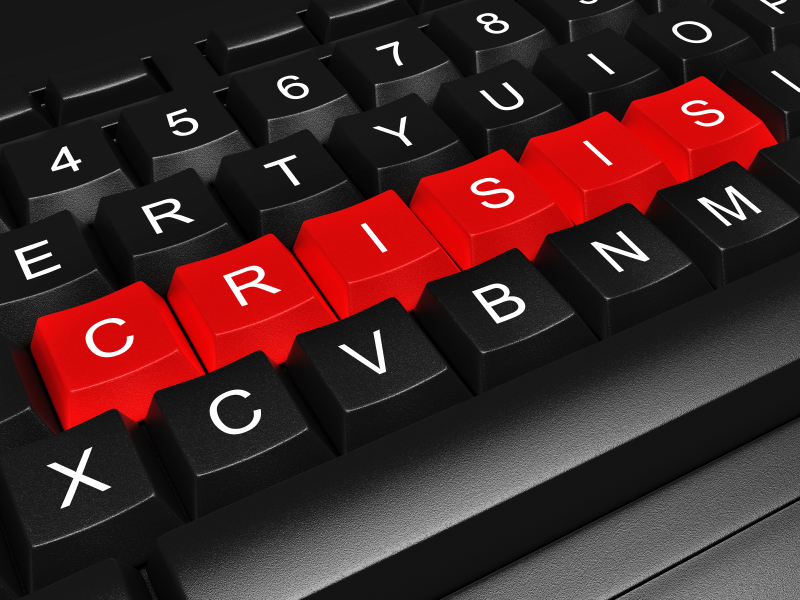
After enduring an online firestorm, Starbucks has stopped encouraging its baristas to write “Race Together” on coffee cups.
Starbucks is planning several steps as part of the “Race Together” initiative that promise to substantially benefit minority groups. But by leading with the slogan, the company has prompted heated criticism.
One issue that is increasingly incensing the online community is when consumers feel they are not represented within the senior-level staff of the brands they are loyal to. And with this campaign, Starbucks unfortunately highlighted that issue. As the New York Times’ Sydney Ember observed, “Many have pointed out that the company’s leadership is predominantly white, while many of its baristas are members of minorities.”
This controversy reinforces the importance of authenticity in public relations initiatives. We don’t doubt that CEO Howard Schultz’s heart is in the right place with this campaign. And we support his efforts to encourage discussion and the economic components of the campaign. But if he is going to associate the Starbucks brand with such a serious social issue, he should have preceded that slogan with action…including perhaps a seriously substantive movement to diversify Starbucks’s leadership.







